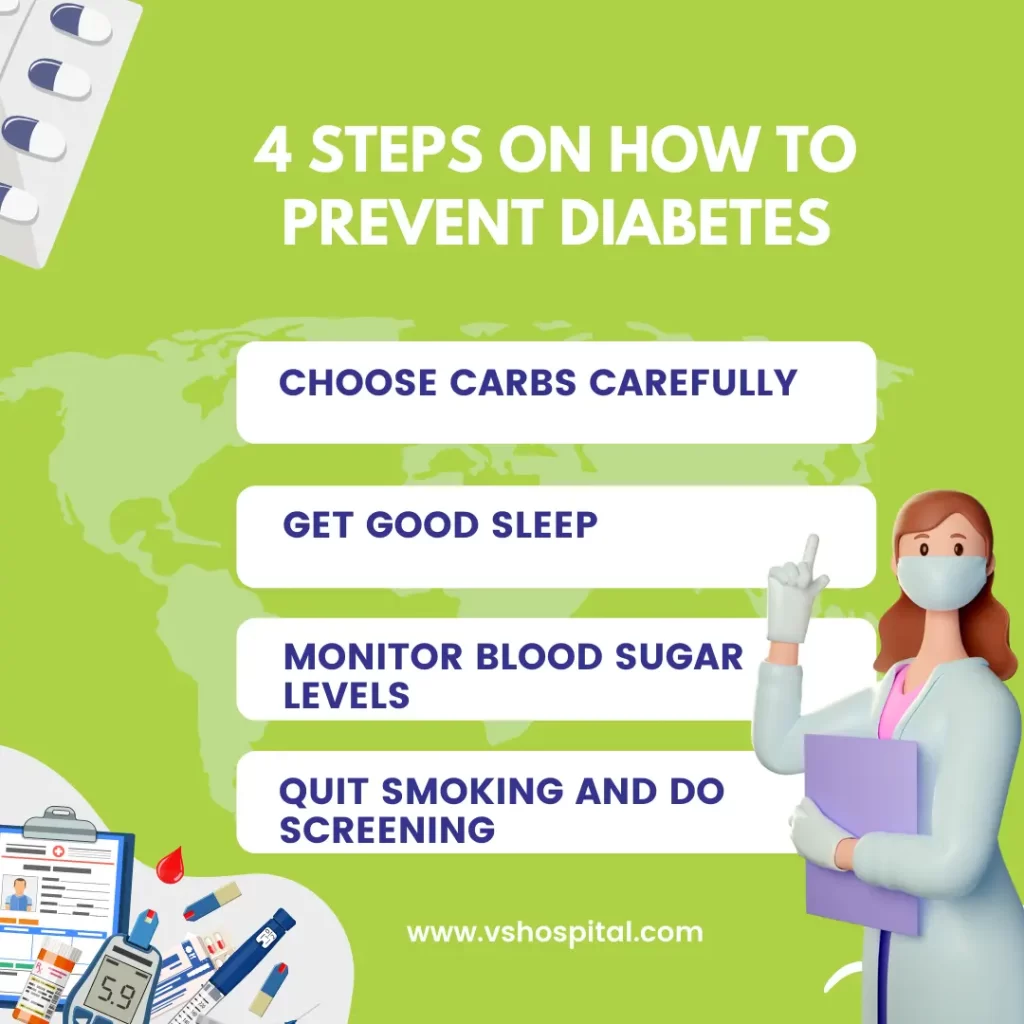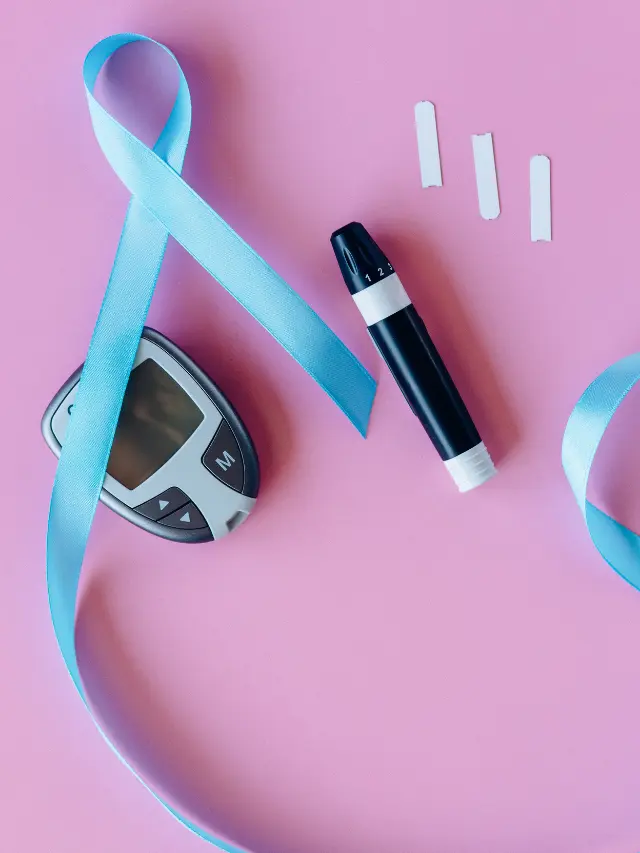Diabetes is more prevalent than other diseases and 95% of cases are diagnosed with type 2 diabetes. Although for some patients, the development of diabetes is inevitable, it can be due to hereditary and other factors. To prevent it from getting more complicated from pre-diabetes, the developing stage of type 2 diabetes, one can follow the precautionary steps on how to prevent diabetes from becoming worse.
What is type 2 diabetes?
On the off chance that you have diabetes, your glucose levels are excessively high. With type 2 diabetes, this happens in light of the fact that your body doesn’t make sufficient insulin, or it doesn’t utilize insulin well (this is called insulin opposition). Assuming you are in danger of type 2 diabetes, you could possibly forestall or defer creating it.
10 Steps on How to prevent diabetes
Choose carbs carefully
If a person gets diabetes how to prevent diabetes, doesn’t mean he/she should cut carbs completely. Instead choosing the right diet with carbohydrates that can break down slowly and provide steady energy would really help. You can also include whole grains, beans, nuts, berries, Omega-3 fatty acids, fresh fruits, and vegetables.

Shed a few pounds of weight
Start reducing a few pounds of weight if you need to improve the body’s ability to use insulin. It can lower your blood sugar, improve blood pressure and blood fats. You will also get more energy. To begin losing weight try to cut off foods with excess fat, sugar, and calories from your diet.
Get good sleep
Getting too little or too much sleep also can increase your appetite and cravings for opting for high-carb foods. This increases the weight and also creates risky complications such as heart attacks. So, try to sleep 7-8 hours at night.
Be energetic
Do active workouts and exercises like walking, dancing, biking or marching in place while you are on a phone call. how to prevent diabetes and Try to include exercises in your daily routine by exercising at least 30 minutes per day because it can aid you to lower your cardiovascular risks, blood pressure levels, and cholesterol and keep your body weight in control. Also, exercises relieve stress and help you cut back on diabetes medications.
Monitor your blood sugar levels
Check your blood glucose levels daily as it can help you avoid diabetes complications that include nerve pain or keep them from getting worse. It helps you to analyze how foods and activities affect you. If it works, your doctor can set a target to keep your glucose level on track. If you get closer to your target you will feel much better.
Manage stress
For patients how to prevent diabetes, there are possibilities of an increase in blood glucose levels. It is better to get rid of physical or mental stress as much as you can. Relaxation techniques like yoga, meditation, and breathing exercises can be highly effective if you have type 2 diabetes.
Skip salty foods
Reduce or say no to salt in your diet. This can lower blood pressure and protect the kidneys. Avoid processed foods and use fresh ingredients as much as possible. Season it with herbs and spices instead of salt while cooking. Adults who are aged 50 and above, should talk to their doctor about how much to reduce their sodium intake.
Heart disease risk and diabetes
Heart disease can always be a serious complication for diabetes and how to prevent diabetes. Keep an eye on your risk by checking these ABCs regularly.
A1C level – the measure of your average blood sugar control especially for the last 2-3 months. You have to check it twice or more times a year.
Blood pressure – The goal should be below 140/80 mm Hg. You should check it regularly whenever you have an appointment with the doctor.
Cholesterol – LDL under 100 mg/dl, Triglycerides, under 150 mg/dl, HDL for men, above 40 mg/dl, and for women, above 50 mg/dl. You should check it at least once a year.
Treat bumps and bruises
Treat even simple cuts and scrapes. Properly clean your wound and use a sterile bandage or an antibiotic cream. Keep an eye on your feet for sores, blisters, redness, or swelling because diabetes can increase your infection and lead to slow healing if left untreated.
Quit smoking and do screening
Quit smoking to protect your heart and lungs. Ask your doctor’s help to avoid tobacco usage. Visit your doctor at least 2-4 times a year. If you take insulin and want to balance your blood sugar levels visit more often. Also check your eyes, nerve, kidney, and teeth for any other complications.
Read also Diabetic Neuropathy.





